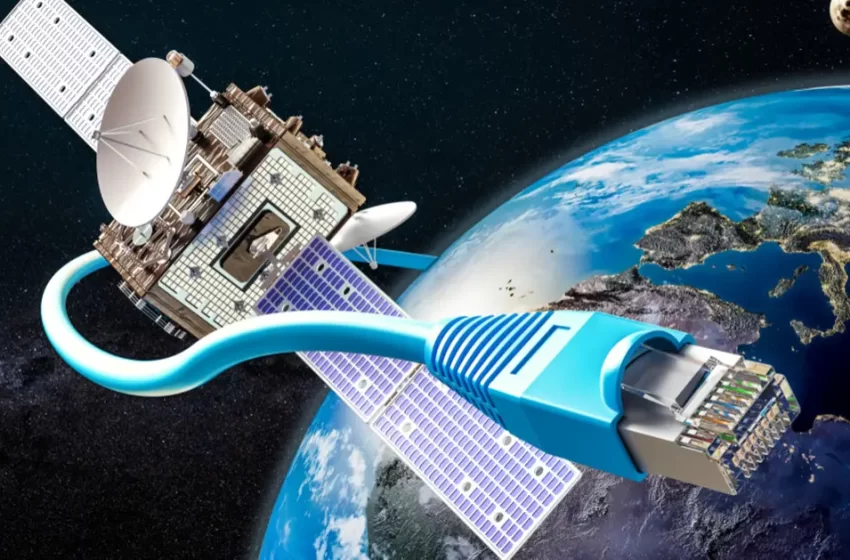
Elon Musk’s control over the Starlink satellite network has raised significant concerns among the U.S. and international military circles due to the enigmatic nature of the entrepreneur and the unpredictability of his actions.
A comprehensive report revealed that the satellites launched into space by Elon Musk have become a subject of major concern, given the uncertainty surrounding the man and his ability to predict his behaviour.
On March 17, General Mark Milley, Chairman of the Joint Chiefs of Staff of the U.S. Army, and General Valery Gerasimov, Commander of the Armed Forces of Ukraine, held a call to discuss the Russian invasion of Ukraine.
During the secure line conversation, the military leaders discussed air defence systems and real-time battlefield assessments and exchanged intelligence on Russian military losses. But they also brought up Musk.
General Gerasimov raised the issue of Starlink, the satellite internet technology created by Musk’s rocket company, SpaceX, according to three people familiar with the conversation.
The Ukrainian general indicated that Ukraine’s decisions on the battlefield depend on the continued use of Starlink communication systems, and his country wants to ensure access to these systems and discuss how to cover the cost of the service. General Gerasimov also inquired whether the United States has an assessment of Musk, but American officials did not provide answers.
Elon Musk has emerged as the most dominant player in space, consistently gaining power in the satellite internet sector of strategic importance.
However, Musk’s irregular and personality-driven style is increasingly causing concern among military forces and political leaders worldwide. According to The New York Times, he occasionally wields his technological prowess in ways that cannot be foreseen.
Since 2019, Musk’s SpaceX has been sending rockets into space almost every week, deploying dozens of small satellites into orbit. These satellites communicate with ground terminals, enabling high-speed internet to reach almost every corner of the globe. Today, there are over 4,500 Starlink satellites in the sky, accounting for more than 50% of all active satellites.
Starlink often serves as the only means to access the internet in war zones, remote areas, and places hit by natural disasters. It is used in Ukraine to coordinate drone strikes and gather intelligence. Activists in Iran and Turkey have also sought to use the service as a means to circumvent government restrictions.
The U.S. Department of Defense is considered a major customer of Starlink, while other militaries, such as Japan’s, are testing the technology. However, Musk’s near-total control over the internet via satellite has sparked alarms and concerns.
According to The New York Times report, Musk’s personality is volatile, and his loyalties, at 52 years old, remain enigmatic. He has the power to decide to cut off Starlink’s internet access to any country, and he has the ability to benefit from the sensitive information collected by the service.
In Ukraine, some of these fears have materialized. Insiders familiar with the situation said that Musk had restricted access to Starlink several times during the conflict. At one point, the Ukrainian military’s request to operate Starlink near the Crimean Peninsula, an area controlled by Russia, was refused, affecting the outcome on the battlefield.
Last year, Musk publicly proposed a “peace plan” for the war that appeared to align with Russian interests.


